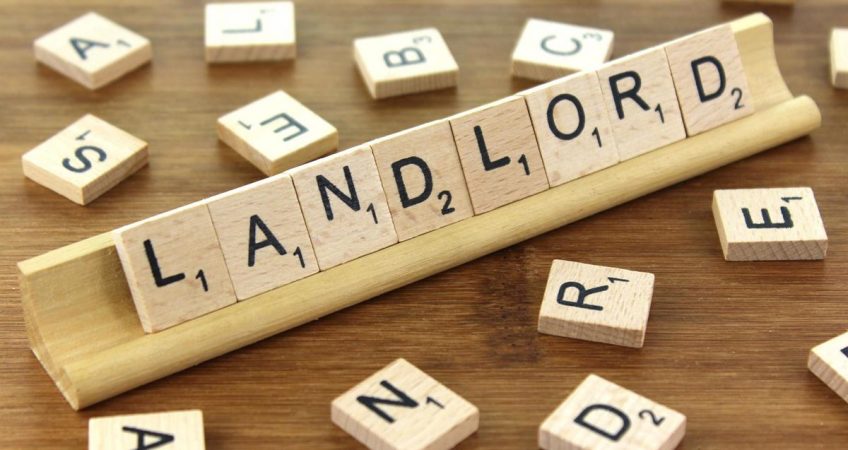Many individuals find it appealing to relocate on a short to mid term basis for work, study or family reasons. In these circumstances the homeowner often does not want to go through the hassle or cost of selling their homes if they know they are planning on returning. As a result, many people rent out their residence as a way to cover costs and perhaps even create a profit during their time away.
The Income Tax Act would deem this as an official change in use of real estate, from personal use to income producing and vice-versa (if you move back into your rental property). In each instance, there is a deemed disposition. The owner is presumed to have sold and reacquired the property at fair market value. If you change from personal use to a rental, you can use the principle residence to offset the capital gain on the deemed sale. However, if you later sell your rental property, or move into your rental property, the property is not eligible for the principle residence for the period where the property was a rental.
An election can be made so that the change in use is deemed not to have occurred. This election would also allow you to continue designating the property as your principal residence for up to 4 years after you stop physically occupying it and convert it to a rental (can be extended indefinitely if very specific conditions are met). In this instance, you are still required to report the rental income and you can’t claim a deduction for capital cost allowance if you wish the election to continue.
The capital gain is worked out by deducting the cost of the residence from the market value when the change in use occurs. The market value at the time of change in use is the new adjusted cost base of the income-producing residence.
If only a part of the property has changed use, for example a basement suite, a duplex or a fourplex, then you are considered to have changed the use of that part of the home from personal-use to rental property. When you eventually choose to sell your residence or have a deemed disposition because you decide to stop renting a portion of it, you may have to report a capital gain on the portion of your home that you rented out, depending on the individual circumstances.
Speak to a chartered accountant at Feldhammer Dixon Kwo Inc. for more information on real estate services and personal finances.

